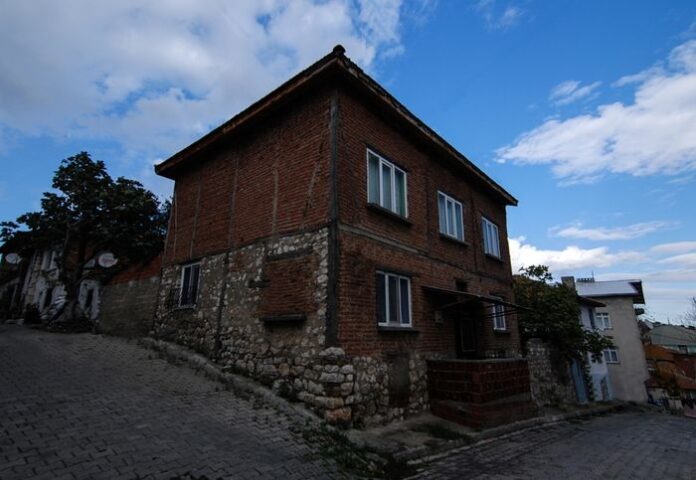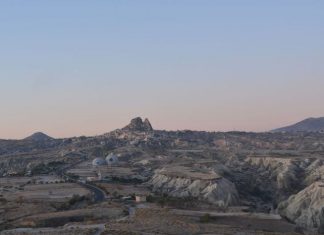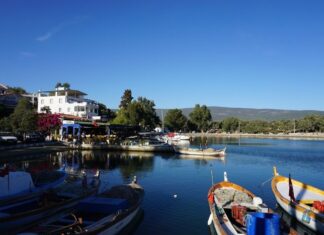In the Ottoman Empire, strict censorship controls what newspapers can and cannot publish. Proof slips of every article must be approved by a government censor before printing. Once the censor stamps the page and signs it, the editor is allowed to print the article. These marked slips are carefully saved by editors to protect themselves if any problems arise later The Challenges of Being a Newspaper Editor in Turkey.
How Censors Operate
Most censors do not understand politics or economics, but they are trained to spot forbidden topics or words quickly. Editors learn to work with them using patience and tact. There are clear rules that every editor must follow:
No criticism of the Sultan or the government, No discussion of foreign politics or events, No religious debate that involves Islam, No mention of revolutions or protests in other countries
For example, even if all the European governments resigned or a revolution happened in England, a Turkish newspaper would never report it. When King Humbert of Italy and President McKinley of the U.S. were assassinated, Turkish newspapers only printed the news of their deaths, making it seem like they died of natural causes. This is because the government fears inspiring rebellion. If people in Turkey knew that leaders could be overthrown or killed, some might get ideas Sofia Day Trip.
America’s Weak Position in Constantinople
In Constantinople, the United States diplomats have a much weaker position compared to those from other countries. This is a serious issue, and Congress should act to improve it. If any emergency happens in the city—which is always a possibility—American officials would have to run to another country’s embassy for safety.
They would likely go to the British embassy, since the U.S. and Britain share a common language and have strong diplomatic ties. Of course, they could also go to the German or Russian embassies, but the British have historically provided more friendly support.
Dependence on Foreign Embassies
When the U.S. ambassador or consul is not in town, the British diplomatic staff usually handles American affairs. The same is true in reverse. In fact, when needed, even the official records of American offices are trusted to the British consulate for safekeeping.
While the British embassy often welcomes American staff and has helped them in the past, it is still embarrassing that U.S. diplomats depend on foreign nations for protection. The United States is wealthy and powerful enough to provide its own diplomats with proper security, and it’s time the government took that responsibility seriously.
The press in Turkey may exist in many languages and formats, but it operates under heavy censorship. At the same time, the American diplomatic presence in Constantinople faces its own challenges. Both issues reflect a lack of freedom and strength—in the media and in foreign diplomacy—that deserve attention and reform.








